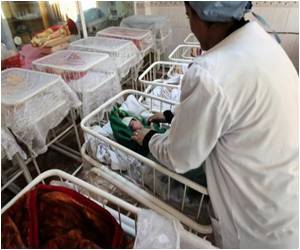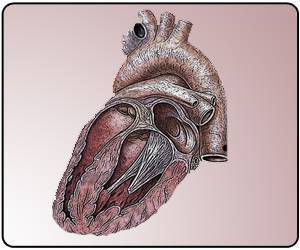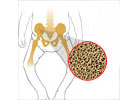Low iron levels are seen in children of obese mothers, reveals research.

The researchers found that being born to an obese mother with elevated hepcidin levels was associated with lower iron status at birth. Obese adults are known to produce higher levels of hepcidin compared to healthy weight adults and the researchers suggest that overproduction of the hormone interferes with the transfer of iron from mother to infant. The results were recently published online by the Journal of Perinatology.
During pregnancy, hepcidin levels are kept at low levels to optimize iron transfer from mother to fetus. "When there is excess hepcidin in a cell, it binds to and inhibits the function of ferroportin, the protein that allows iron to pass through the cell membrane and into the bloodstream," explained senior author Simin Nikbin Meydani, DVM, PhD, director of the Jean Mayer USDA Human Nutrition Research Center on Aging at Tufts University (USDA HNRCA).
"The chronic low-grade inflammation that can result from being obese triggers an abnormal immune response, increasing production of proteins that increase hepcidin levels," added Maria Carlota Dao, first author and a doctoral student in the Nutritional Immunology Laboratory at the USDA HNRCA. Because iron plays a crucial role in the formation of the central nervous system, children born with iron deficiency are at a greater risk for delays in motor and cognitive development.
"The data on the impact of low maternal iron levels on the fetus comes from undernourished populations," said first author Sarbattama Sen, MD, a neonatologist at Tufts Medical Center and an assistant professor of pediatrics at Tufts University School of Medicine (TUSM). "To the best of our knowledge, ours is the first study to demonstrate that obesity might hamper iron transfer from mother to child and offers some insight into the mechanism of how it occurs. Future studies, however, are needed to confirm the role of obesity associated with inflammation during pregnancy on hepcidin and iron status of the newborn."
The authors further stress that more research is needed before any changes to dietary guidelines or recommendations to obese pregnant women should be considered. Most prenatal vitamin supplements contain 27 milligrams of iron, the daily amount currently recommended by The American Congress of Obstetricians and Gynecologists.
Advertisement
Source-Eurekalert













